Matthew Bourne’s Romeo and Juliet at Sadler’s Wells
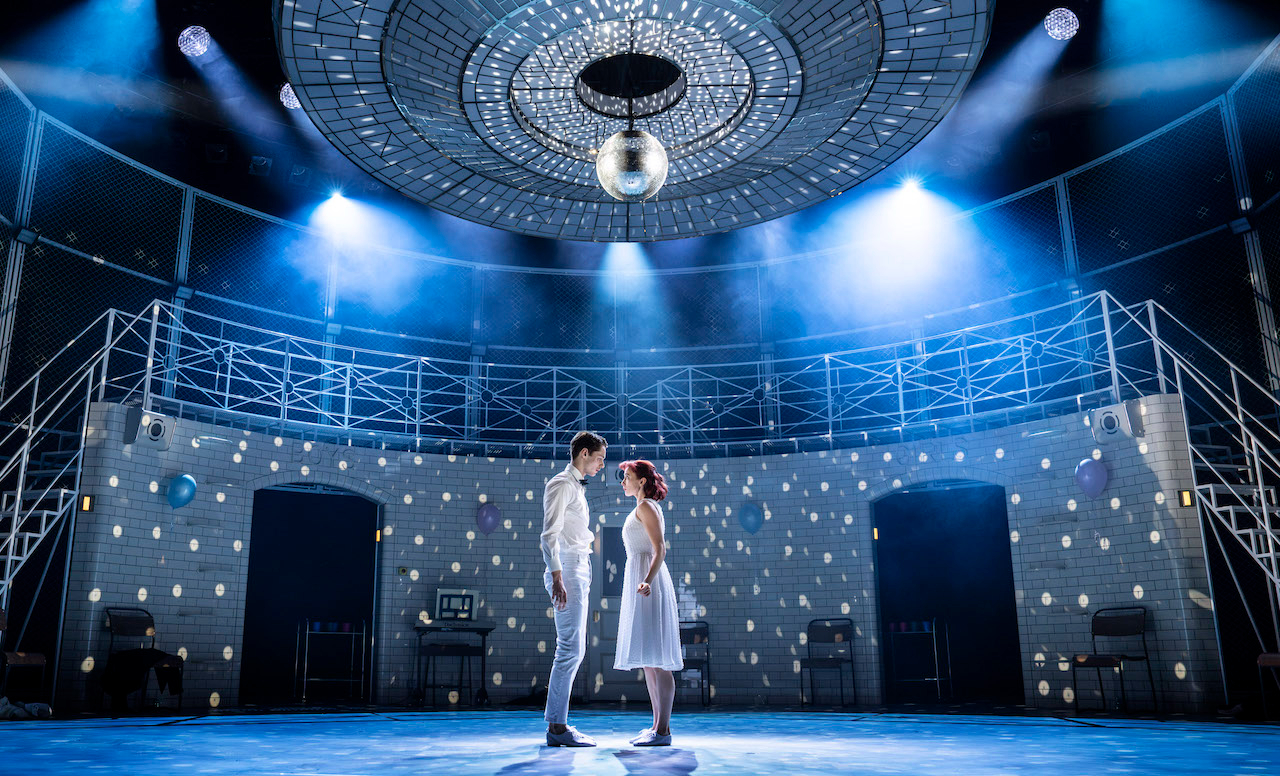
Boisterous and aggressive, passionate and inspiring, immoral and innocent youth is front and centre in Matthew Bourne’s contemporary production of Romeo and Juliet, launched in 2019 and now returning to the Sadler’s Wells before embarking on a UK tour. Loosely connected to the original Shakespearean tragedy, the show puts the protagonists under the spotlight as lovers, but, ahead of that, as spring buds of the purest emotion, with all the excitement and challenges of this phase of life (most importantly, the too often stereotypically portrayed taboo elements of violence and mental health). Now part of the New Adventures repertoire, Romeo and Juliet is marked by an incredible grace and enrapturing flow that makes it ageless and sensational.
The story is vaguely set in a not-so-distant future, with all the action happening within the Verona Institute – a cross between a mental institution and a re-educational establishment (perhaps a strict, traditional college or a youth detention centre for extreme behaviour). What’s clear is the imposed military regime, which dictates everything from medical checks and physical exercise to regulated contact and entertainment time. One of the guards, Tybalt (Danny Reubens), is obsessed with the beautiful Juliet (Cordelia Braithwaite in the production’s premiere) to the point of menacingly stalking her. Romeo (Paris Fitzpatrick, who also starred in the original edition) is dropped off at the clinic by his popular and affluent parents; during a party organised by Reverend Laurence, he dances with the girl of his destiny.
The ball scene is particularly representative of the narrative as a whole: after a puppet-like display, in a brief break while the adults are away the young people are finally able to unleash their repressed selves, and act and interact freely with each other – a cohesive community against a repressive authority. The idea is gradually rather than drastically proposed, with alluring choreography (vigorously executed) for the interchanging couples that mirrors the beginning in aesthetics. Prokofiev’s famous Dance of the Knights motif complements the scene in stately fashion, thanks to a new arrangement by Terry Davies of the Russian composer’s score.
Shakespeare’s balcony scene is sublimated into an unparalleled pas de deux, where charm and passion dramatically interweave. The soaring feeling of falling in love, including an incredibly long kiss, twists and turns with the dancers’ bodies in a playful sequence. The white dresses – a blank canvas, blooming innocence – bestow a delicacy on the reciprocally strong support realised by the duo, which is highlighted in the orchestration with lyrical strings.
The cast’s talent shines throughout, not overlooking those in their debut. The romantic leads bring a hypnotic combination that integrates with the entirety of the company.
Taking its inspiration from a play of poetic spoken expression, not a single word is uttered this performance, leaving the fascinating potency of the human bodies and music to speak for themselves. A dynamic, emotional ride.
Cristiana Ferrauti
Photo: Johan Persson
Matthew Bourne’s Romeo and Juliet is at Sadler’s Wells from 4th August until 2nd September 2023. For further information or to book visit the theatre’s website here.
Watch a trailer for the production here:

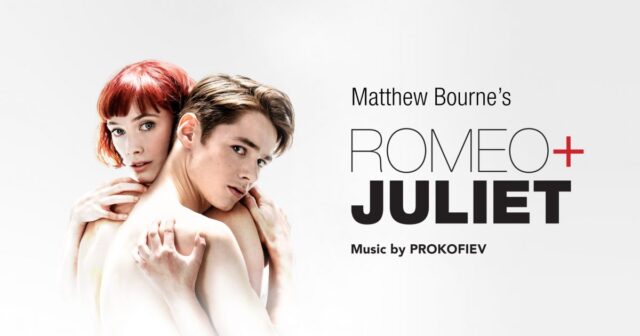






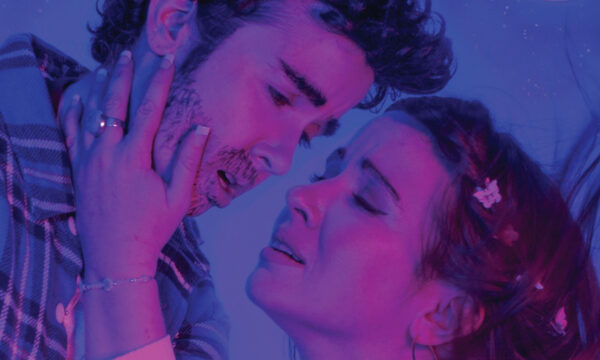
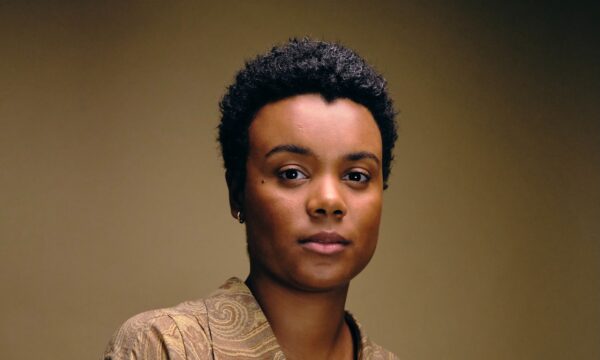







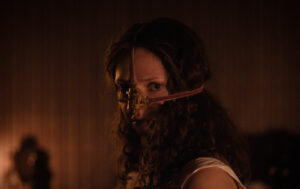








Facebook
Twitter
Instagram
YouTube
RSS